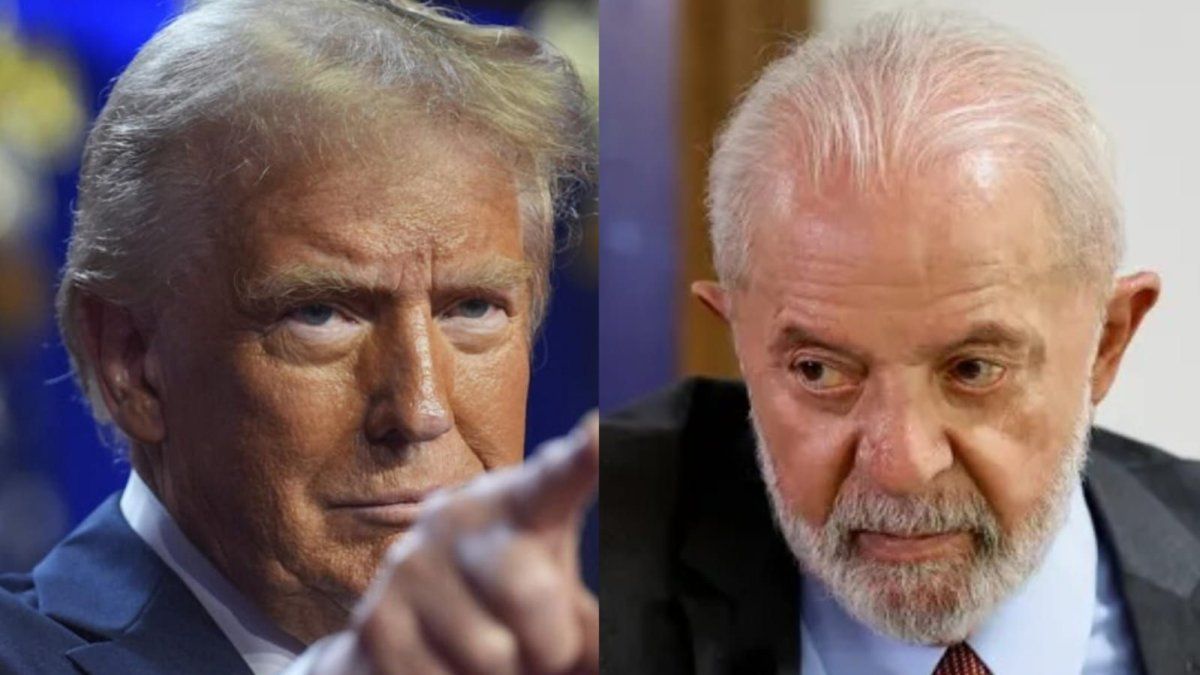The rifts between the EU and China have steadily deepened in recent months. Now there is the Ukraine war. Can the close economic relations continue as before?
EU leaders have tried to persuade the Chinese leadership to distance itself clearly from Russia’s war against Ukraine.
EU Commission President Ursula von der Leyen and Council President Charles Michel first met Prime Minister Li Keqiang and then State and Party leader Xi Jinping via video conference on Friday.
However, just before the start of the EU-China summit, the government in Beijing sent out sobering signals. “No one should force others to choose sides,” said foreign ministry spokesman Zhao Lijian. Taking a simplistic approach of friend and foe is unwise.
In addition, the West’s punitive measures against Russia, which invaded its neighboring country five weeks ago, were again criticized. The fact that normal trade exchanges with Russia are being “unnecessarily” damaged is a problem, the spokesman said. The problem is not which country wants to help Russia circumvent the sanctions.
Definitely diplomatic
Now the Chinese leadership is known for being willing to say exactly what their interlocutors want to hear. Because despite the clear political backing for Russia, Prime Minister Li Keqiang was emphatically diplomatic in talks with the Europeans: China wants to work with the EU and the world and “play a constructive role to relax the situation, stop hostilities, play a larger humanitarian role prevent catastrophe and let peace return soon».
However, this in no way means that China is moving away from Russia or moving in line with the EU. Because when Russia’s Foreign Minister Sergey Lavrov visited China this week, very different tones were heard. Since the “boundless” friendship with Russia was invoked. Relations developed in “the right direction”. Both opposed the “hegemony” of the United States.
Foreign Minister Wang Yi and the state media never tire of portraying the USA, the EU and NATO as the main causes of the crisis. Perhaps precisely because of the massive differences, Council President Michel welcomed on Twitter that the video summit was “a timely and necessary opportunity for dialogue”.
War changes relationships in the long term
The EU’s main concern at the summit was to make it clear that the war is likely to change not only Europe’s view of relations with Russia, but also with other countries in the long term. Accordingly, the hitherto very close economic and trade relations with China could also be called into question if the country does not distance itself more clearly from Russia’s actions against Ukraine in the coming weeks.
The EU hopes that the leadership in Beijing will be aware of the EU’s importance as an economic partner. In 2021, goods worth around 700 billion euros were traded between China and the 27 EU countries – making the EU by far China’s most important trading partner. Russia does not even appear in the list of China’s top ten trading partners.
Instead, the USA is in second place after the EU, and has even threatened China with sanctions in the event of clear material support from Russia. Punitive measures are to be imposed in particular if Chinese companies or banks circumvent US sanctions against Russia.
Additional help is available
Meanwhile, the EU is still relying on incentives. According to top officials, should China change course towards Russia, the EU would be ready to offer China additional help in developing mRNA vaccines against Corona. So far, the country has lagged far behind with its own developments in this area and now has to fear further serious economic consequences from the pandemic due to the sharp increase in the number of infections.
One way or another, China has to adjust to the fact that some things will change in economic relations with the EU in the next few years and that its competitive practices will no longer be tolerated.
For example, work is currently underway in the EU on a new instrument for trade retaliation measures. It is intended to empower the Commission to enact trade or investment restrictions against third countries that improperly interfere with the political decisions of the EU or the Member States. It is therefore conceivable that China will be subject to sanctions because it is taking trade restrictions against Lithuania because of its diplomatic rapprochement with Taiwan.
So-called instruments for international procurement could also become uncomfortable for China. It is intended to penalize states that discriminate against European companies in public tenders. In addition, work is being done on a legislative project that is intended to create the possibility of prohibiting state-subsidized companies from third countries from taking over companies from the EU. Companies supported with state money should also be able to be excluded from public contracts.
Source: Stern
David William is a talented author who has made a name for himself in the world of writing. He is a professional author who writes on a wide range of topics, from general interest to opinion news. David is currently working as a writer at 24 hours worlds where he brings his unique perspective and in-depth research to his articles, making them both informative and engaging.




